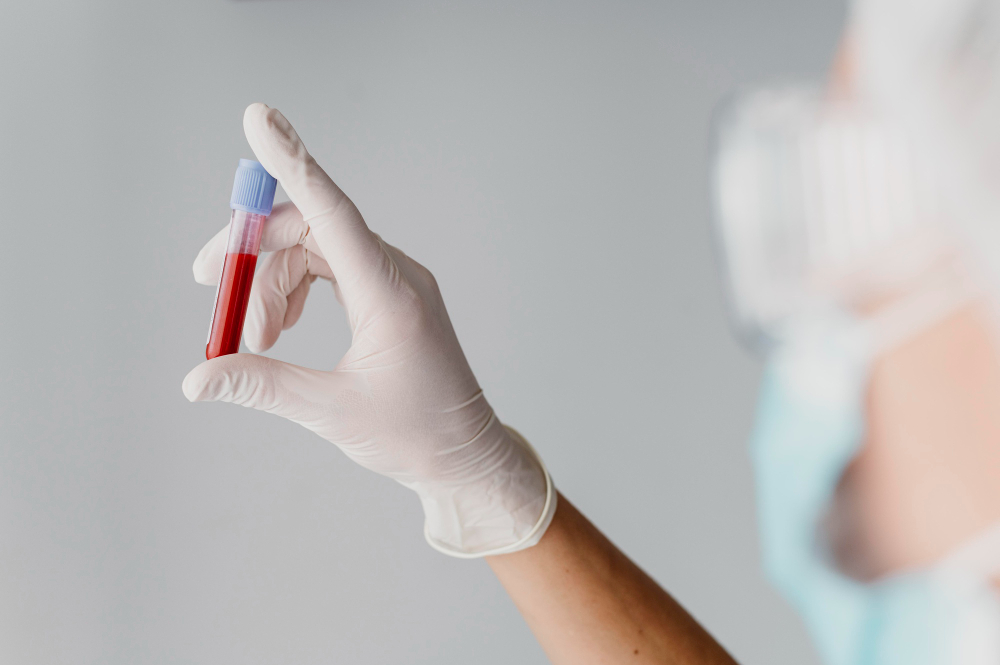-
 Mail us
Mail usinfo@myhealthhospitals.com
-
 Toll Free
Toll Free+91 9111674111
- Book Appointment
Urology
Urinary incontinence is common and often embarrassing problem. There are usually 3 types of incontinence, stress incontinence(when it occurs after coughing or sneezing), Urge incontinence(incontinence with urgency) and mixed.
If urinary incontinence (Leakage of urine) affects your daily activities, donot hesitate to see your doctor.
A thorough evaluation by your urologist can help determine what’s behind your incontinence. Some beverages, foods and medications may stimulate your bladder and amy lead to incontinence. They include:
Medical conditions can cause incontinence, such as:
Urinary tract infection- Infections of the urinary tract may sometimes cause incontinence.
Constipation- Hard stool in the rectum may cause these nerves to be overactive and increase urinary incontinence
Urinary incontinence can also be a persistent condition caused by underlying physical problems or changes, including:
Pregnancy- Hormonal changesn in pregnancy and the increased weight of the fetus can lead to stress incontinence.
Childbirth- Normal vaginal delivery can weaken pelvic floor muscles needed for bladder control and damage bladder nerves, leading to a weak pelvic floor and incontinence.
Changes with age- The bladder’s capacity to store urine amy decrease with age and can cause urinary leak.
Post Menopause- Women produce low amount of estrogen post menopause. And this deficeincy may cause infections in these females and may also lead to incontinence.
Enlarged prostate- In older men, incontinence often results from enlargement of the prostate gland and urinary retention.
Neurological disorders- Some neurological diseases like stroke or tumour in the brain or any previous spinal injury can interfere with nerve signals involved in control of bladder, and can cause urinary incontinence.
Obesity - Excess weight increases pressure on your bladder and allows urine to leak out when you cough or sneeze leading to stress incontinence.
Smoking - smoking tobacco may increase your risk of urinary incontinence.
Family history - Your risk of developing the condition is higher if any of the family member has had incontinence.
Some Medical diseases - Neurological disease or diabetes may increase your risk of incontinence.

Types of urinary incontinence include:
Stress incontinence. Urine leaks from bladder when pressure is exerted on your bladder by coughing or sneezing or laughing or lifting heavy weights.
Urge incontinence- Sudden urge to urinate followed by an involuntary loss of urine before reaching the washroom is usually due to overactive bladder.
Mixed incontinence - if You have more than one type of it is called mixed incontinence. Mostly this refers to stress incontinence and urge incontinence.
Overflow incontinence - frequent or constant dribbling of urine from overfilled bladder that does not empty completely.

It’s important for the treating doctor to determine the type of urinary incontinence by history and examination and your symptoms -
After that, your doctor will likely recommend:
Urinalysis- Your urine sample is analysed for any signs of infection, traces of blood or other abnormalities.
Bladder diary- it is a 48 hr record how much you drink, how much you urinate, the amount of urine produced, any urge to urinate and the number of incontinence episodes.
Postvoid residual measurement- It checks the amount of post void volume after voiding to rule out overflow incontinence.
Other tests such as urodynamic testing and pelvic ultrasound are usually done if you are considering surgerical intervention.

Urinary incontinence treatment depends on the type of incontinence, duration, its severity and the cause after clear and complete examination by the urologist -
Bladder training- You may start by trying to control urination for 10 minutes every time you feel an urge to urinate. The goal of bladder traing is to lengthen the time between trips to the wash room until you’re urinating with a gap of 3-4 hrs.
Double voiding- Double voiding means urinating, then waiting a few minutes and trying again to urinate.
Scheduled toilet trips to urinate every two to four hours rather than waiting for the need to go.
Fluid and diet management- to control your bladder. Avoid alcohol, caffeine or any acidic foods which stimulate your bladder. Decrease liquid consumption, lose weight or increasing your physical activity can ease the problem.
Kegel exercises, these exercise techniques are effective for stress incontinence but sometimes may also help in patients with urge incontinence.
To do pelvic floor muscle exercises, imagine that you have to stop your urine flow. Then:
Devices used to treat incontinence in women include:
Urethral insert- a small, tampon-like disposable device(plug) which is inserted in urethra to prevent leakage during stress and is removed before urination in the washroom.
Pessary- a flexible silicone ring inserted into your vagina and to be worn all day which supports urethra and may prevent urinary leakage.
Bulking material injections- A synthetic material is injected into urethral tissue. The bulking material helps to keep the urethra closed and reduce urine leakage
Onabotulinumtoxina (Botox)- Injections of Botox into the bladder muscle who have an overactive bladder and urge incontinence may prevent leaks by relaxing the bladder muscle.
Nerve stimulators- Thses use painless electrical pulses to stimulate the nerves involved in bladder control (sacral nerves) by placing a stimulation device in sacral region through a small surgery. Stimulating the sacral nerves with the devices attached externally can control overactive bladder and urge incontinence if other therapies haven’t worked.
Several surgical procedures can treat urinary incontinence and the type of surgery depends on the type of incontinence, duration, volume, age and done only by an experienced urologist with specialist training in Incontinence surgeries. These include -

It’s important to know that incontinence can be treated. Many people believe that it’s something that just goes along with aging and is an unavoidable issue. If you find that incontinence is disturbing your daily activities and causing you to miss out on things you typically enjoy, talk to your healthcare provider. There are a wide range of options to treat incontinence.
Urinary incontinence and for urinary incontinence may result in complications, depending on the cause.
These complications may include:
Urinary tract infections. UTIs can be caused by wet undergarments against the skin. This may create an environment where bacteria can grow.
Kidney damage. In some cases where the flow of urine is obstructed, you may experience kidney trouble or kidney failure.
Cellulitis. This skin infection is caused by bacteria and may cause swelling and pain.
Medication side effects. Medications used to control urinary incontinence may cause side effects, depending on the medication. Side effects may include dry mouth, nausea, hypertension, or others.
Catheter side effects. If you have a catheter placed, you may experience side effects such as infection and trauma.
Mental health side effects. Urinary incontinence may cause feelings of anxiety, depression, or social isolation.
Kegel exercises are a simple way to build strength in your pelvic floor muscles. These exercises are done by lifting, holding and then relaxing your pelvic floor muscles. You can find these muscles by stopping the flow of urine mid-stream while you’re urinating. Only do this until you learn how to find the muscles — stopping the flow of urine mid-stream isn’t healthy over a long period of time. When you’re doing Kegel exercises, start small. Only hold it for a few second. Over time you can slowly work your way up to longer and longer stretches of holding the muscles tight. Unlike other types of workouts, no one can tell when you’re doing Kegel exercises. Aim to do several sets of Kegel exercises (a set is made up of 10 exercises) twice a day.
Sometimes incontinence is a short-term issue that will go away once the cause ends. This is often the case when you have a condition like a urinary tract infection (UTI). Once treated, frequent urination and leakage problems caused by a UTI typically end. This is also true for some women who experience bladder control issues during pregnancy. For many, the issues end in the weeks after delivery. However, other causes of incontinence are long-term and related to conditions that are managed throughout your life. If you have a chronic condition like diabetes or multiple sclerosis, you may have incontinence for a long period of time. In those cases, it’s important to talk to your provider about the best ways to manage your incontinence so that it doesn’t interfere with your life.
If you cannot find answers to your queries, please fill out the ENQUIRY form or call the number below. We will contact you shortly
+91 9111674111